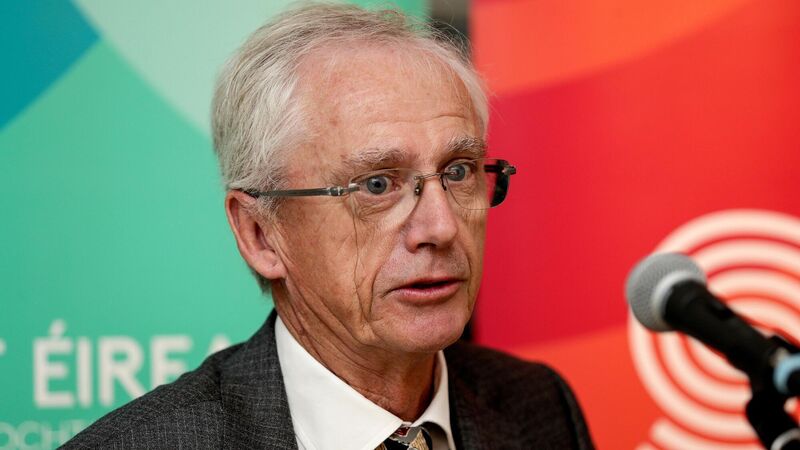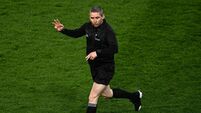Kieran Shannon: Covid again hitting sport in fields, halls, and pools

John Treacy’s forecast that there’d be no indoor sport before the rollout of a vaccine could well be proven right. Picture: INPHO/Laszlo Geczo
The year may have only started but for many of us our season — another one — may already be over. Or at least as we’d envisaged it.
While mainstream and social media has continued with its usual diet of top-end sport and anticipating what a 2021 Olympics might look like or speculating if the Lions tour is viable, there’s been barely a murmur about the grassroots, whatever about from them.








